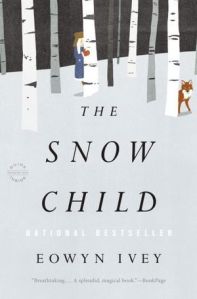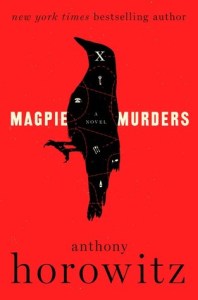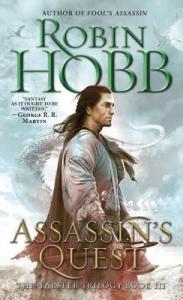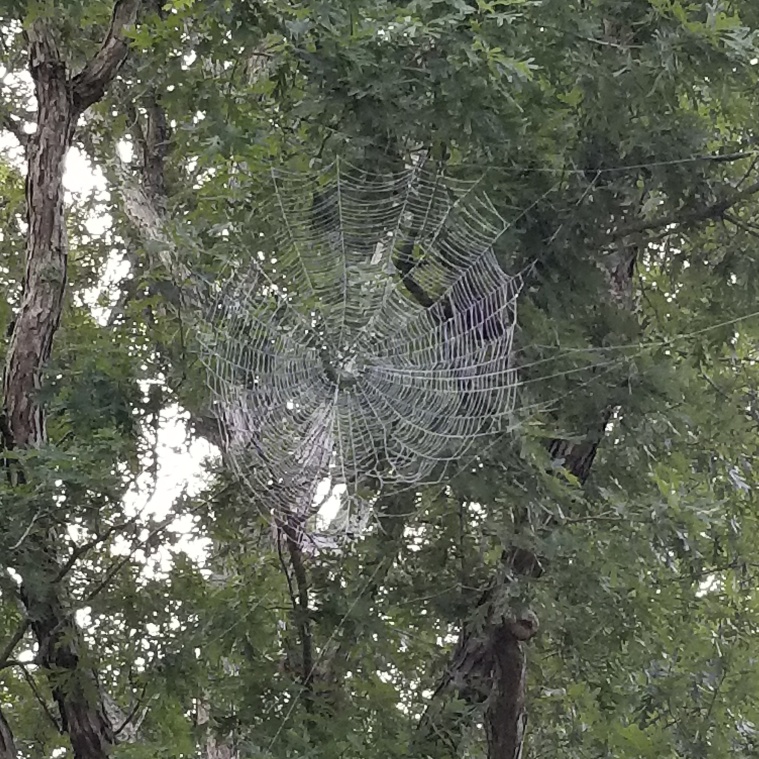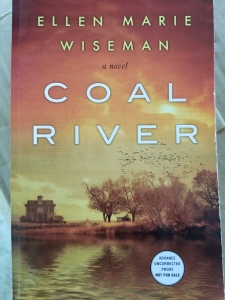“Reading must be a daily spiritual practice for the Christian”–and not only the reading of the Scripture. Unlike our often shallower engagement with screens, reading asks something of us. It cultivates our imagination and increases our vision of the world.” Jessica Hooten Wilson in Reading for the Love of God (quoted in Christianity Today).
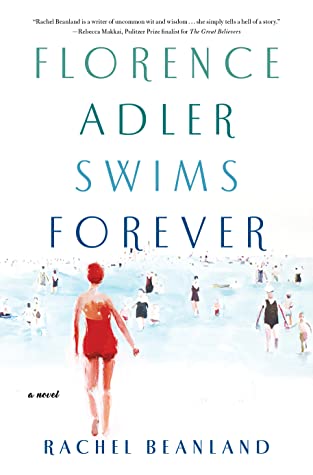
Florence Adler Swims Forever Rachel Beanland. It’s 1934 and Esther and Joseph Adler have rented out their house to vacationers and are staying in their apartment over the bakery where they started their lives together. Their daughter, Florence, is home from college and training to swim the English Channel. Their other daughter, Fannie, is pregnant and on bedrest because she lost her last baby. Joseph is trying to help an old friend emigrate from Nazi Germany and has already brought over her daughter adding to their overcrowded household. Their granddaughter, Gussie, (a delightful character) is also staying with them while their mother is in the hospital. Her father only visits her sporadically. Though this book is full of sadness, I enjoyed reading about this family and what they did to handle their grief and protect their children. The author’s note at the end is not to be missed. 5 stars
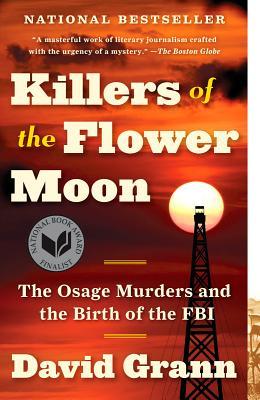
Killers of the Flower Moon David Grann. The true story of how the Osage nation began to mysteriously die (i.e. murdered) in an obvious attempt to take over their rights to the oil in their land. Also the story of the beginnings of the FBI under the leadership of J. Edgar Hoover. The research done by Grann is fascinating even as he tells a horrific story. It’s amazing what greed will do to people and the lengths some will go for money. More of it. All of it. 5 stars

A Death in Tokyo Keigo Higashino (Detective Kaga #3). A policeman sees a man staggering and assumes he is drunk. As it turns out, he is not drunk but has been stabbed and collapses on a famous bridge of Tokyo. A young man is found near the scene of the crime, but when he runs from the police, he is hit by a truck. The police seem to think (and hope) the case is closed, but Detective Kaga is unconvinced that this young man is guilty. When a work connection is established, I have read several mysteries by Higashino and have found them all to be well-written with characters whose motives may be suspect and with relationships that may not be all that they seem. This is actually the ninth in this series, but the third to be translated into English. 4 stars

Ovid (Marcus Corvinus #1) David Wishart. The first in a mystery series that takes place in Rome when Tiberius was emperor. Marcus Corvinus is approached by a young woman who was the stepdaughter of the poet, Ovid. She reminds Corvinus that his grandfather was the poet’s patron. Ovid has died in exile and Perilla wants to bring his ashes home. Unfortunately, not only has this not been allowed, to even speak of what had Ovid exiled can put a person in danger. Entranced by the lovely Perilla, Corvinus is determined to find out the truth behind Ovid’s exile and to bring his ashes home. Even when he is continually warned to mind his own business; especially when he is warned, even by his own father. Corvinus is amusing and tenacious, and just a fun character to follow. His attraction to Perilla leads to complications, but nothing he can’t handle. This series started in 1995 and is going strong some 20 books later. I look forward to reading more. 4 stars
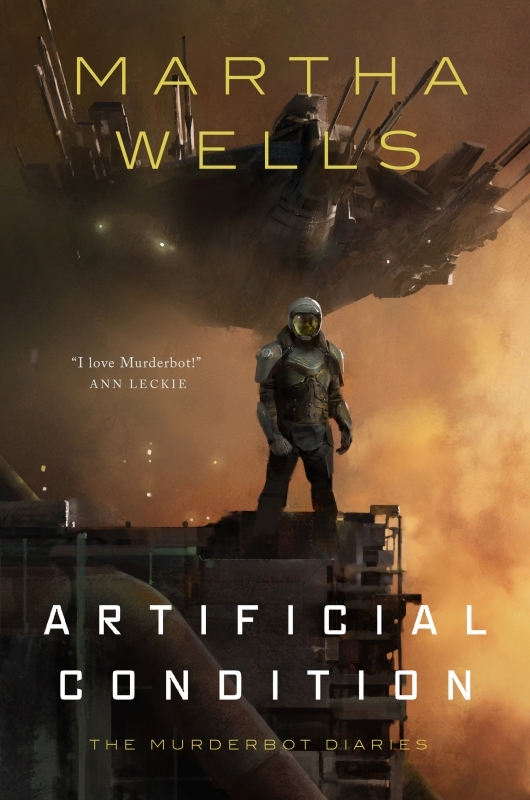
Artificial Condition (Murderbot Diaries #2) Martha Wells. I listened to the audio for the first Murderbot and had a hard time following it. Reading it in print was a better format for me. And, yes, you should read the first in whatever format suits you. In this episode, Murderbot (his own name for himself; he is officially a robotic security unit) is both trying to escape and to find out if he really did what he has been accused of. He sneaks on a transport vessel to return to the mining facility where his problems began. ART (the transport vessel) is onto him, but turns out to be more of a help than a hindrance. Murderbot would rather watch the soaps and other television entertainment he has downloaded than deal with humans, but he needs to find out the truth. Though this is the second of seven, don’t let the length of the series deter you. For one thing, it is completed. For another, they are all (except the fifth one) short enough to be considered novellas, so it is like reading a long scifi book, one section at a time. 4 stars
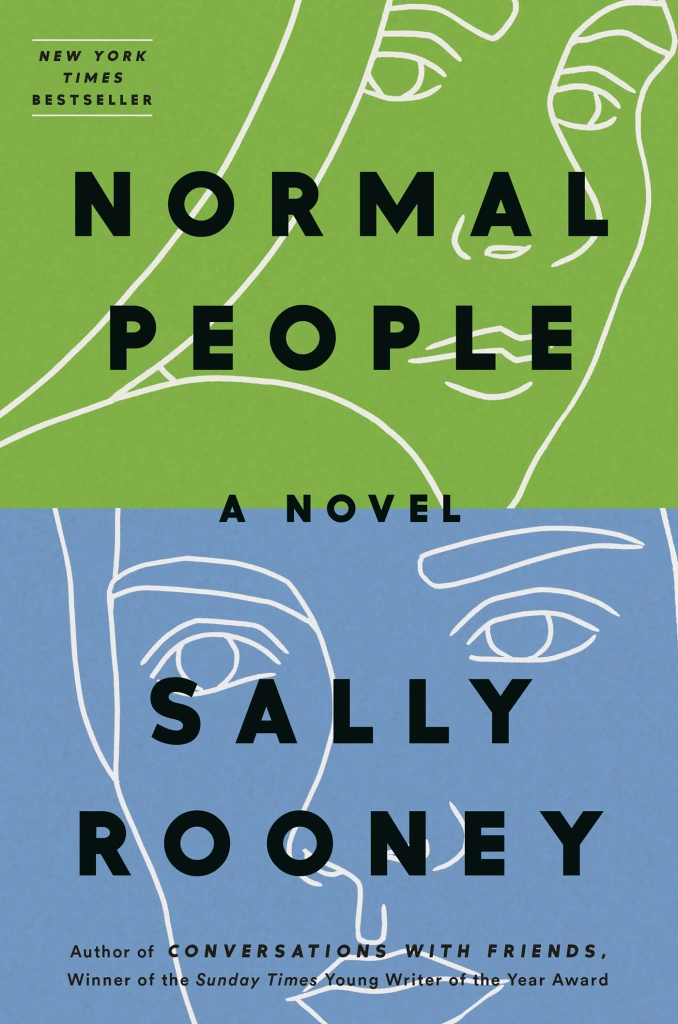
Normal People Sally Rooney. A love story, sort of. A coming of age story, definitely. Connell is a popular soccer player in high school, in spite of living with only a single mother who works as a cleaner. One of the people she cleans for is Marianne’s mother. Marianne is smart and has money but is not popular at high school as she is considered a bit odd. Connell and Marianne are attracted to each other but keep it a secret. When they end up at the same college, their statuses are reversed, but they still have difficulty deciding on what kind of relationship they should have. I like Rooney’s writing; the way you see and hear the characters’ thoughts, confusions, desires. 4 stars
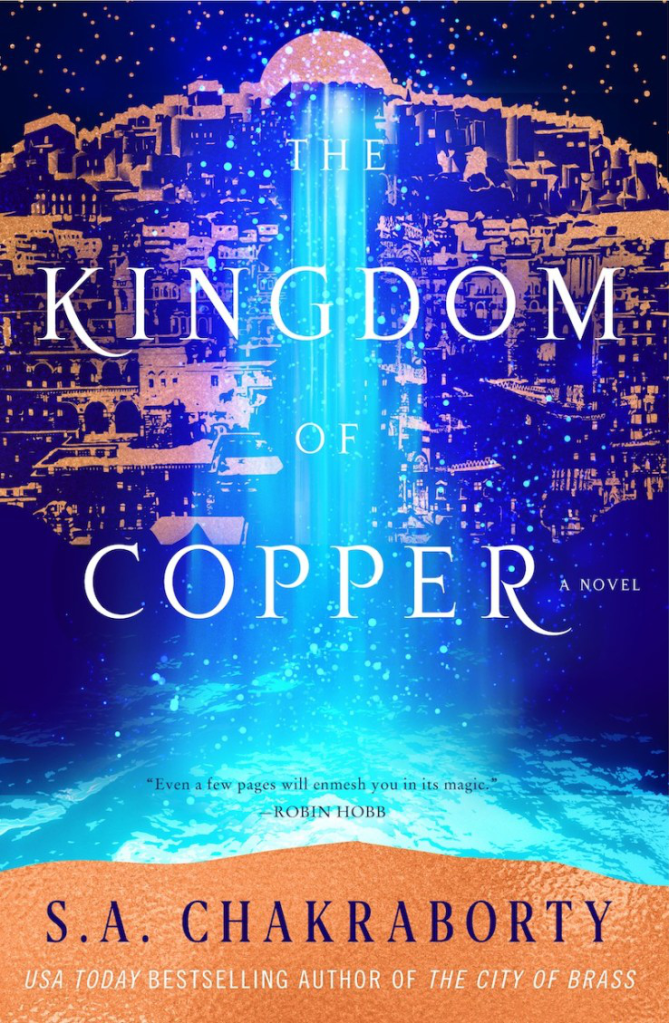
The Kingdom of Copper S. A. Chakraborty (The Darvabad Trilogy #2) 609 pp. Second in a series in which you do need to read the first and you will want to read the third. In the first book, The City of Brass, Nahri accidentally summoned Dara, a djinn. He takes her from her home in Cairo and brings her to Daevabad where she is taken in by the royal court and learns about her ancestors. After a battle ends the first book, Nahri has now been forced to marry a prince because the king has plans for her and her gifts. Nahri wants to rebuild a hospital and be able to use her healing gifts in a bigger way. The other prince (whom Nahri thought was her friend), Ali, has been exiled though many think he is dead. He is not the only one not dead as many think, and they all have plans for Daevabad. Full of myths, magic, political intrigue, and family drama, I enjoyed this almost as much as the first and look forward to the third. 4 stars





